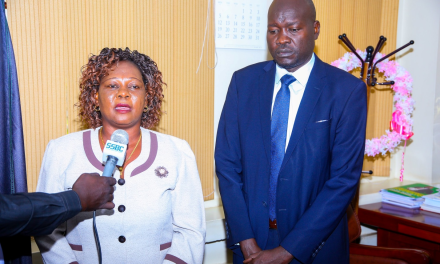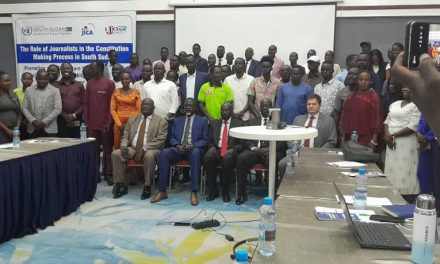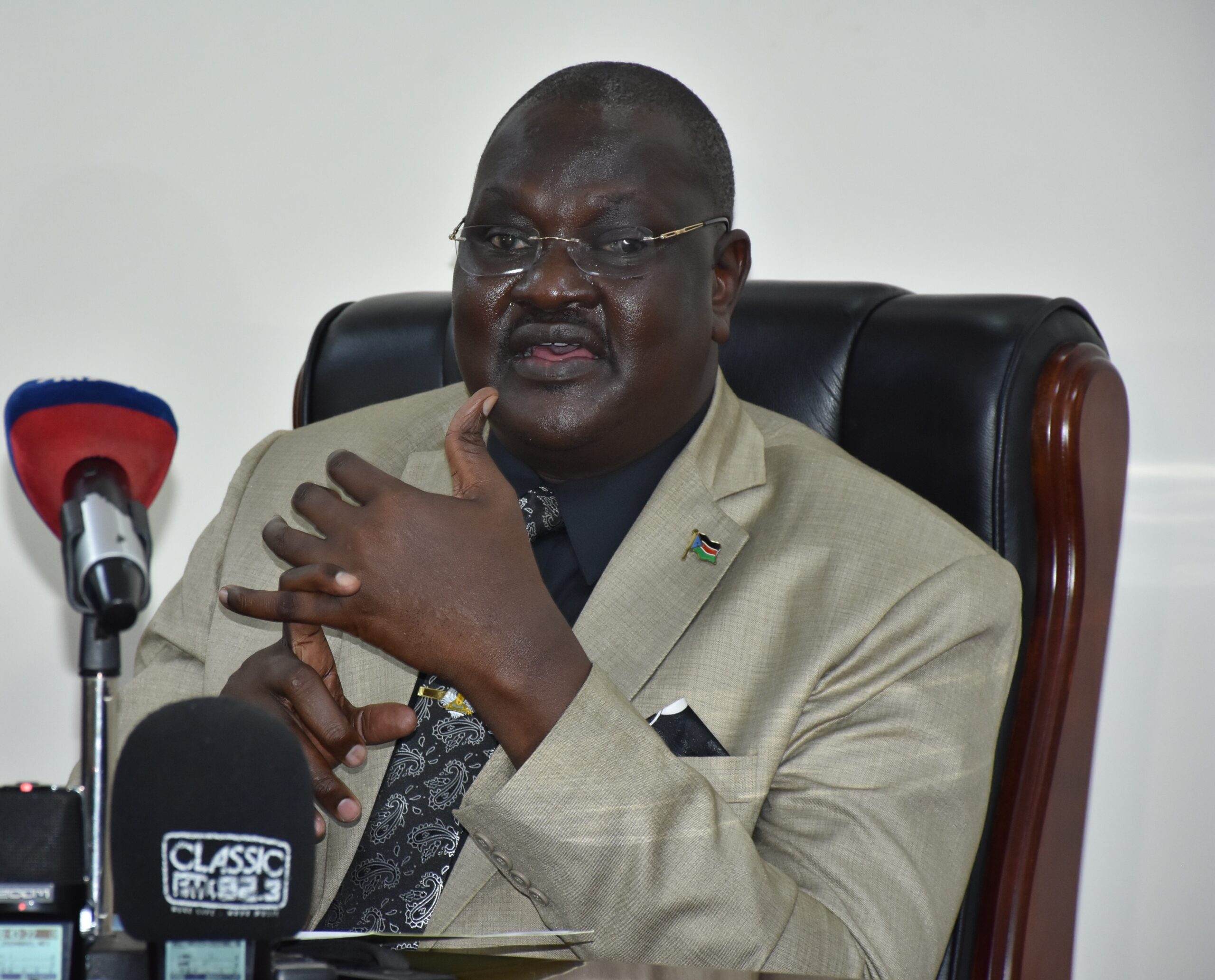
Peace monitor calls for full participation of women in peace process

The chairperson of the Revitalized Joint Monitoring Evaluation Commission (R-JMEC) has called equal representation of women in the on-going peace implementation process in the country.
“The gender provisions of the Agreement seek to improve the inclusion and empowerment of women in a very fundamental way. They cover the participation and representation of women in decision‐making positions, in all governmental bodies, and institutions and mechanisms that drive political, economic, social and judicial reforms,” Charles Tai Gituai during the opening of the two-day women workshop on the status of the implementation of the peace agreement in Juba on Monday.
He called for equal women participation in the constitution-making process.
The workshop was organized under the theme, “understanding the roadmap and women’s participation in the implementation of the revitalized peace agreement is timely and significant”.
Gituai said the role of women in conflict resolution and peace processes is critical, adding that the United Nation Security Council Resolution 1325 calls for the adoption of gender perspectives, especially of women’s and girls’ needs in peace agreements and their implementation mechanisms.
“It is evident that the letter and spirit of the gender provisions in the revitalized peace agreement are deep and far-reaching, and aimed at creating a conducive environment for women in South Sudan to actively participate in the political, economic and social life of their country,” Gituai said.
“As we move into the extension period, the gender provisions remain very relevant and central. RJMEC encourages the R-TGoNU and all the political parties to provide an enabling environment for South Sudanese women to fully participate in the implementation of the revitalized peace agreement,” he said.
Under the 2018 revitalized peace agreement, South Sudanese women are granted 35 per cent representation in the transitional unity government.





































